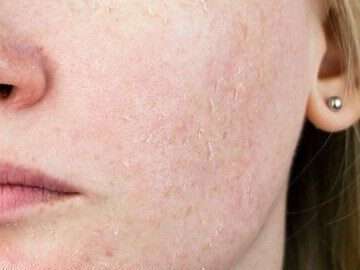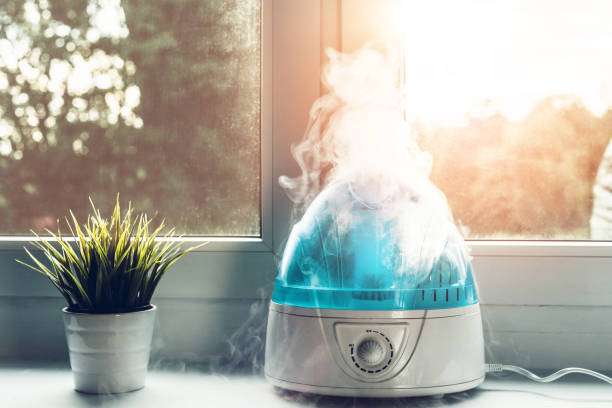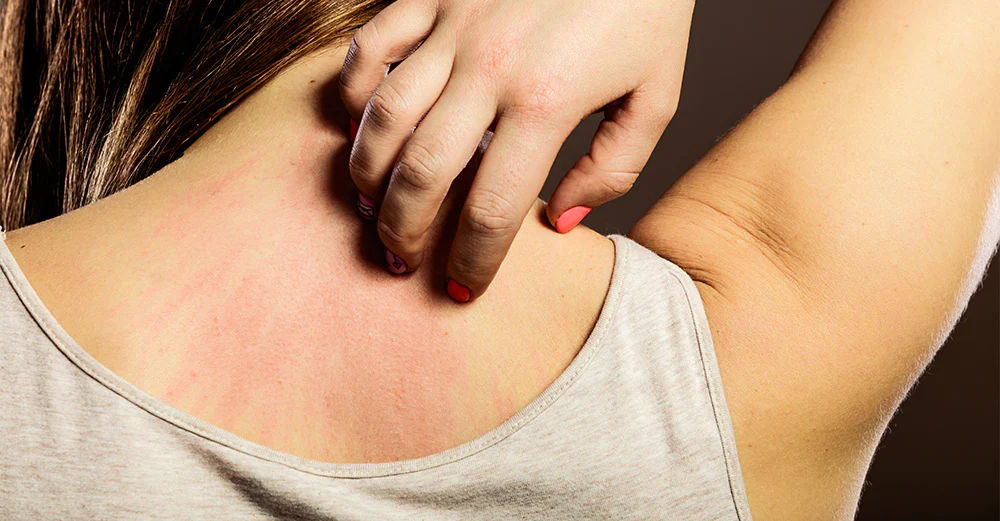
Tips To Protect Your Skin During Seasonal Change
February 26, 2022
Tips For Healthy Glowing Skin In Winter
March 17, 2022The first sign of winter’s arrival is a feeling of dry and coarse skin. It could be because the temperature outdoors is lowering. It’s important to know tips to prevent dry winter skin.
It is critical to protect your skin, especially in the winter. Irritated and cracked skin, redness, burning, and itching can result from not following your skincare program.

For advice on becoming a winter warrior, feel free to speak to Dr. Anju Methil, a highly proficient skin specialist in Andheri, Mumbai. She stays up to date on the most recent advancements in dermatology.
Why does winter cause dry skin?
Winter is harsh on your skin for various reasons, one of which is the dry air outside. Your skin moisture evaporates faster because chilly air holds less moisture. The wind also takes moisture from the skin, making your skin dull, dry, itchy, and irritated.
If you are experiencing harsh skin conditions, please visit The Skin and Shape Clinic, one of the most preferred skin clinics in Andheri, Mumbai. The aesthetic procedures performed by Dr. Anju Methil, an exceedingly skilled skin specialist, are safer, faster, and produce more natural-looking results with less downtime.
Many people suffer from dry skin during winter, and the symptoms vary greatly. Various treatments might help to rehydrate the skin and alleviate the symptoms. You can also take preventative measures to keep your skin from drying out.
Following are 11 tips on how to prevent dry skin during winter.
Tip 1: Moisturize immediately after a wash
Your skin loses its moisture sealing natural oils every time you wash your hands, face, or body. So it is essential to use a moisturizer every time you wash your face.

Tip 2:Use sunscreen on a daily basis.
You may skip sunscreen during the winter because of less sunlight. However, UV rays can harm your skin’s moisture layer even in the winter.
The American Academy of Dermatology Association recommends sunscreen of at least SPF 30.
Tip 3: Spray your skin with homemade rosewater and hibiscus body mist
Boil four to five hibiscus flowers in a glass of water for 10 minutes. Cool and drain the liquid before adding a teaspoon of rose water. Fill it in a spray bottle and spray every 2-3 hours or when your skin is dry.

Tip 4: Use emollient treatments overnight
Emollients are a fantastic technique to hydrate and prevent dry skin. However, they are thicker and may take longer to seep into your skin.
When applied before sleep, your skin will get the time necessary to absorb the moisture.
Tip 5: Make use of a humidifier

Humidifiers help restore moisture to the air. Increased humidity in the air can serve as a natural moisturizing agent, preventing skin dryness.
Tip 6: Avoid hot and long showers
In winters, use lukewarm water and have shorter baths to keep your skin moisturized. Hot water can strip your skin of its natural oils, leaving it dry and irritated.
Avoid using harsh soaps since they will rapidly dry up your skin. Use glycerin-based soaps.

Tip 7: Avoid exfoliants and scrubs
Exfoliation can help maintain your skins smooth and lively look by removing dead skin from the surface. However, if you exfoliate too frequently or with the wrong products, it will damage your skin.
Scrubs containing big particles that are harsher are more likely to damage your skin’s moisture barrier.
Tip 8: Consider adding occlusives to your daily routine
Occlusive substances form a physical barrier between your skin and the outside world, preventing moisture from escaping. Occlusive substances include the following:
- cocoa butter
- shea butter
- jojoba oil
- coconut oil
- olive oil
- almond oil
For best results, apply them once or twice a day after moisturizing.
Tip 9: Choose fabrics that won’t irritate your skin
Opt for loose, soft, natural fabrics to prevent further physical discomfort. Also, avoid using standard detergents to wash your garments. Look for detergents that have been specially developed for sensitive skin and don’t contain harsh chemicals and scents.

Tip 10: Protect your body from breeze and cold
Gloves are the most effective physical barrier against environmental chemicals that might dry up your hands’ skin. Wear warm gloves while going outside in the cold and silicone or rubber gloves to protect your hands when washing the dishes and clothes.
A shawl or a pullover will also protect your skin from direct contact with the breeze and cold.
Tip 11: Hydrate from within
Stay hydrated by drinking at least 8 glasses of water every day. This will aid in keeping your skin nourished and glowing.
Fruit juices, milk, buttermilk, coconut water are also hydrating. Following a winter-friendly diet will also help you.
Conclusion:
It is pretty common to have drying, flaky skin in the winter, which can affect not just your face but your hands and feet, as well as other exposed body parts.
While several at-home solutions can help with dry skin, don’t hesitate to contact Dr. Anju Methil if your symptoms don’t go away.
She offers customized treatments for skin radiance, skin rejuvenation, and anti-aging procedures such as botox, thread lift, and fillers.
